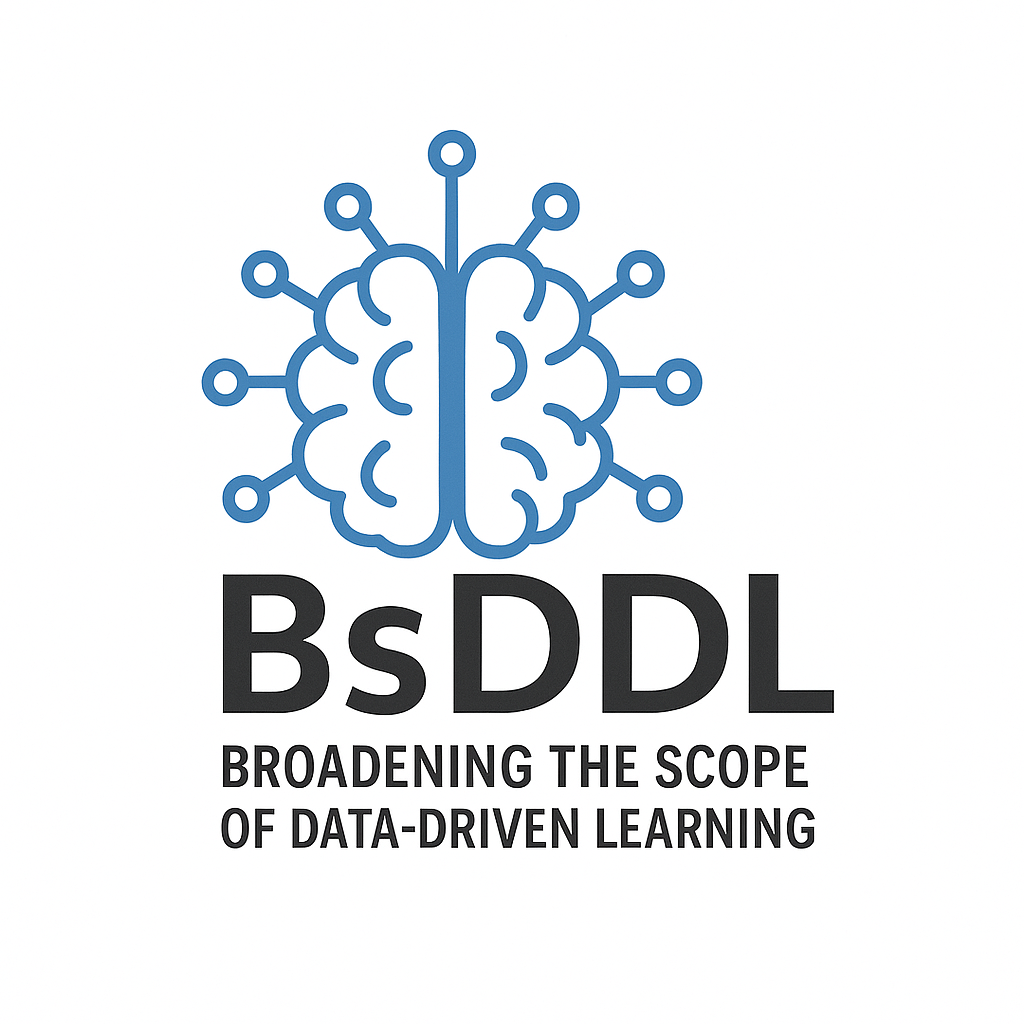Doherty, B. (2015), ‘Why words matter when reporting migrants’ stories’. Media Asia, 42(3-4): 136-143.
Gerard, L. (2016), ‘The press and immigration: Reporting the news or fanning the flames of hatred?’ SubScribe, 3. URL: http://www.sub‐scribe.co.uk/2016/09/the‐press‐and‐immigration‐reporting.html
Goodfellow, M. (2020), Hostile environment: How immigrants became scapegoats, New York: Verso Books.
Pérez-Paredes, P. (2024). Frequency and keyness: what are they and how can they be used to explore representation? In Charlotte Taylor, & Frazer Heritage (eds.). Analyzing Representation. A Corpus and Discourse Textbook.. Routledge, pp. 43-65.
Pérez-Paredes, P., Aguado. P. & Sánchez, P. (2017). Immigrants in UK legislation and Administration informative texts: a corpus-driven study (2007-2011). Discourse & Society,28,1,81-103.
Pérez-Paredes, P. & Remigi, E. (2025). EU citizens as migrants. In Charlotte Taylor, Simon Goodman and Stuart Dunmore (eds.) Discursive construction of migrant identities. Bloomsbury Advances in Critical Discourse Studies. Bloomsbury.
Taylor, C. (2014). Investigating the representation of migrants in the UK and Italian press: A cross-linguistic corpus-assisted discourse analysis. International journal of corpus linguistics, 19(3), 368-400.
Taylor, C. (2020). Representing the Windrush generation: metaphor in discourses then and now. Critical Discourse Studies, 17(1), 1-21.
Taylor, C. (2021). Metaphors of migration over time. Discourse & Society, 32(4), 463-481.
Zschomler S. (2019), ‘“Language Is Your Dignity”: Migration, Linguistic Capital, and the Experience of Re/De-Valuation. Languages’, 4(3):64. https://doi.org/10.3390/languages4030064






